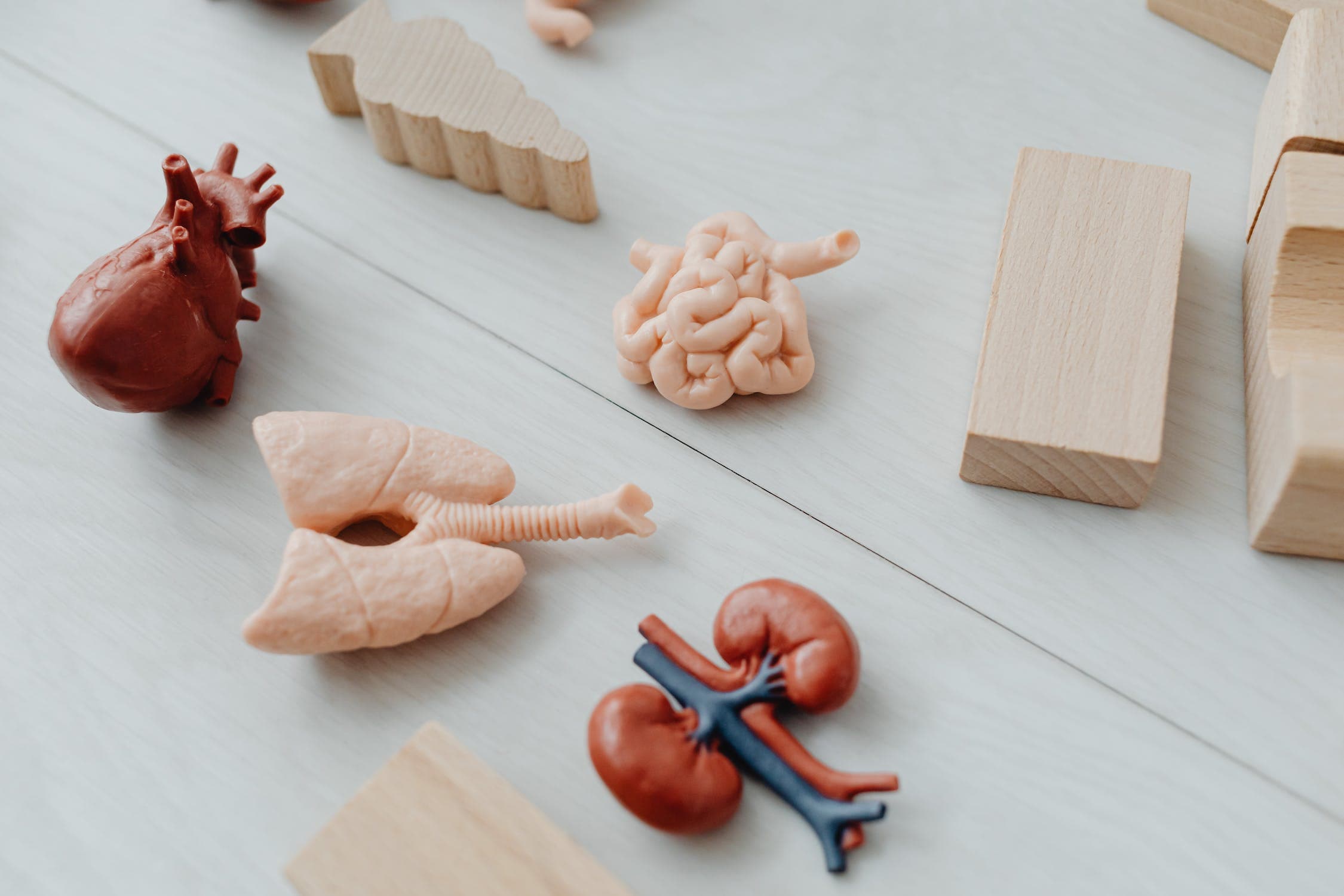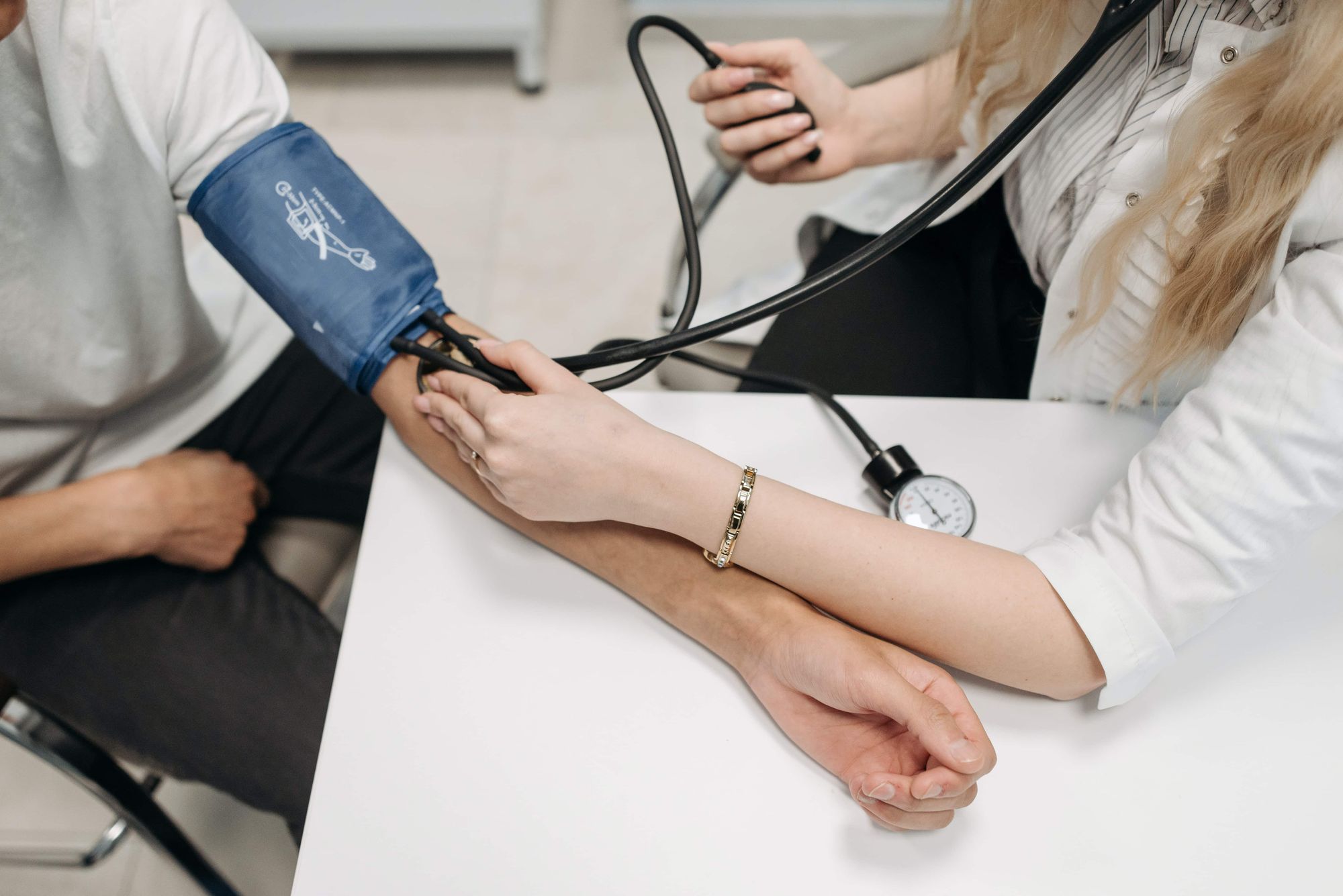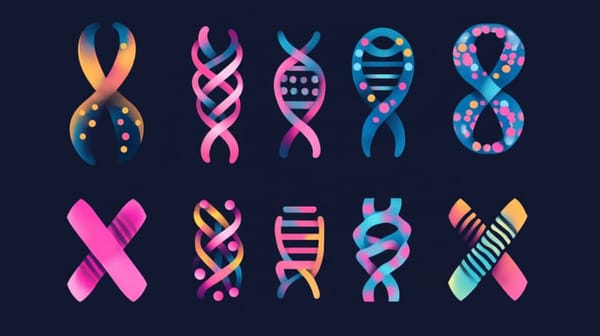In recent years, the popularity of fasting has been gaining momentum. People fast for several different reasons. Whether you choose to dry or wet fast, some of the main reasons for doing so are to lose weight, clear up the skin, keep diabetes at bay, or give your body a “reset” with a cleaner, healthier system.
Is it possible to take dry fasting too far and do more harm than good? One of the areas most affected by too much water or lack of water is the kidneys. In this article, we’re going to explore some of the signs of kidney damage, what damages kidneys, and if dry fasting is important for optimal kidney health. Before you start any fast, check with your doctor or healthcare provider to see if fasting is good for you.

How Kidneys work
Your kidney’s main job is to act as a filtration system for your body. Blood passes through the kidneys and is cleansed. The level of filtering and cleaning of the blood depends on the health of your kidneys. A lot of the waste filtered out is transformed into urine. Most people are born with two kidneys, and each one has the capacity to produce one and a half liters of urine per day. The two kidneys together filter 200 liters of fluid every 24 hours.
Why everyone thinks of Kidneys when they talk about Dry Fasting
Kidneys filter your blood and remove waste via urine. Naturally, when you talk about dry fasting, you start thinking about your kidneys because of the relationship of water to urine creation. If you are depriving the body of water during your extended fast, your body may not have enough water to allow for the kidneys to function properly. This type of reasoning makes logical sense, however, when it comes to real-world experiences it seems to go against common sense. Countless individuals have successfully dry fasted for many days. Some even go as far as 11 days. Urine creation does not stop, but rather, steadily continues after dropping off quite significantly after 24 hours.
In fact, some studies on renal function and kidney disease during the month of Ramadan have shown that dry fasting did not negatively affect the kidneys.
When it comes to healthy adults, a 5-day food and water deprivation study showed that the body’s renal responses stabilized and were kept healthy throughout the 5 days.
It goes to show that when it comes to healthy individuals who dry fast for 5 days or less, the kidneys should be able to handle it quite well. Some experienced dry fasters go as far as recommending dry fasting to actually improve renal capabilities and heal the kidneys. Of course, if you already have kidney disease, you should not start with dry fasting, as it is the ultimate step in the fasting journey.
What is The First Sign of Kidney Problems
Keeping your kidneys healthy is extremely important for a healthy lifestyle. Water is the kidney’s friend. And when you drink water, you’re hydrating the kidneys, which can also help prevent several kidney problems. Some of the main functions of properly working kidneys are:
- They collect toxins in the body and waste from the blood and help filter and eliminate it.
- They help regulate or reduce high blood pressure
- They activate vitamin D so that your muscles and bones remain healthy
- They provide general overall health to the systems of the body.
When there is a problem with the kidneys these functions become sluggish or stop working altogether. One of the first signs of poor kidney function is pain. Kidney pain feels like a dull ache that can feel worse if pressure is applied to that area. In most cases, kidney pain is only felt on one side, but in some severe cases, you may feel kidney pain on both sides of your back.

The Difference Between Kidney Pain vs. Back Pain
Because of where your kidneys are in your body, it is easy to confuse kidney pain and back pain. How can you tell the difference?
Kidney pain:
- A dull pain felt high on the back and deep inside the body
- Can be felt on both sides of the back
- The pain doesn’t go away, regardless of how you move your body while sitting, standing, or lying down
Back pain:
- An injury to the back will result in a stabbing pain that is felt in your lower back and may shoot down one leg
- Feels worse after doing certain activities like lifting or bending
- You may get some relief from the pain if you shift your body or rest
What Causes Kidney Pain?
There are many possible causes of kidney pain. Even taking medicine like ibuprofen improperly, not drinking enough water, or a diet high in acid, sugar, alcohol, or salt can wreak havoc on the kidneys. It is important that if you experience any pain at all, you should have them examined by a doctor immediately. Here are the more common reasons for kidney pain:
Kidney Stones
The most common cause of kidney pain is kidney stones. Kidney stones occur when waste builds up in your blood system and forms clumps in your kidneys. Smaller kidney stones can be passed when you pee, but larger stones may require surgery. Kidney stones are also associated with high acidic environments, which can be caused due to fasting. If you are prone to kidney stones, you may want to avoid the acidotic crisis when it comes to both water fasting and dry fasting.
Urinary Tract Infection
Urinary tract infections (UTIs) are caused by bacteria in your urinary tract and bladder. Most UTIs occur in women. The bladder or ureters becomes affected, and even though UTIs are irritating and cause some pain while urinating, they can be treated. In some more severe cases, UTI can cause fever and reduce the flow of urine or cause frequent urination.
Dehydration
Severe dehydration may cause kidney pain and can even lead to kidney disease. Vomiting, diarrhea, sweating frequent urination, and even diabetes can cause dehydration.
Kidney Infection
If a UTI is not treated it can spread to the kidneys and cause a kidney infection. If you think you may have a kidney infection, call your doctor right away before the pain develops into kidney damage.
Kidney Cancer
Kidney cancer is hard to detect because it may not cause any pain or symptoms during the early stages. However, as cancer gets worse, there may be a nagging pain that sits on your back or stomach. You might also see blood when you pee or develop a fever.

Kidney (Renal) Failure
Acute kidney failure or renal failure occurs when your kidneys no longer filter waste from the blood. When this happens, waste can accumulate to dangerous levels and throw your blood’s chemical makeup off balance.
Renal failure can happen quickly too. In some cases, less than a few days! It most commonly occurs in people who are already very ill and in need of intensive care. Renal failure can be fatal, but it is also treatable. With the proper treatment, a person can recover and have normal kidney function again.

High Blood Pressure, Urine, Nausea: Signs and Symptoms of Renal Failure
Here are a few of the more common symptoms and signs that may occur if you are suffering from renal failure:
- A significant decrease in urination
- Water retention that causes swelling in your legs, ankles, or feet
- A shortness of breath or fatigue and weakness
- Nausea and upset stomach
- Irregular heartbeat or chest pain or high blood pressure
- Seizures or coma in severe cases
In some cases, kidney failure might not have any symptoms at all and can only be detected through specific lab tests. It is always recommended that you speak to your doctor. You may need treatment to help prevent kidney failure.
How to Reverse Kidney Damage Naturally
Although it’s technically impossible to reverse kidney damage (there are claims that dry fasting can actually heal them as long as you hydrate in between short fasts), there are some things you can do to affect or slow down the progress. Being physically active and changing your diet so you eat foods like fruit and vegetables also helps.
Avoid foods or drinks that are high in salt, sugar, or acid, as it could lead to further complications and bring on kidney disease. Avoid drinking alcohol and stick to drinks that are all-natural fruit and vegetable drinks.
And above all drink plenty of water throughout the day. When you increase your fluid intake you may have to pee more, but you’ll also be assisting your kidneys to do their job. However, the best way to treat your condition is to seek out professional advice from a doctor, even if the symptoms feel mild.
Dry Fasting and Chronic Kidney Disease
Dry fasting is a method where the person gives up all water, for drinking, and in some cases for washing, for a period of time. Typically done to lose weight, it can help with several other health conditions like bad skin and inflammation.
One of the main reasons behind a dry fast is to give the kidneys a break and let them perform without the stress of dealing with liquids or food so that they can start to work better. Since the kidneys play such a key role in the overall health of a person by filtering out waste, if they are functioning properly, reducing high blood pressure and inflammation will be dealt with easier.
There is a lot of evidence to support the idea that dry fasting can lead to kidney stones, and even though many studies disagree on how common this is, most experts agree that there is definitely a risk even if inconclusive. How could there not be when you’re depriving the body of water? What’s even more interesting is that seasoned fasting veterans like Dr.Filinov actually claim that correctly done dry fasts can heal kidneys and dissolve/dislodge kidney stones. So even though we don’t have definitive proof yet, it’s clear that there is a potential for harm if you fast without proper supervision.
It is recommended that any fasting should be done under the watchful supervision of a medical professional, and only carried out for no more than 72 hours. The risk of dehydration and developing chronic kidney disease due to an electrolyte imbalance can create several health problems for the kidneys if the fast goes on for too long.

Can Dry Fasting Heal Kidneys?
If done under supervised medical attention, you can help take some of the burdens off of the kidneys and help them perform better by doing a dry fast. This is a great way to cleanse the system from alcohol abuse or from eating foods that were high in sugar or salt. If you act quickly you may be able to help reduce the onset of kidney disease and further help stop kidney damage.
There are a lot of anecdotal experiences that claim to have healed their kidneys while performing a dry fast. In fact, there are quite a few stories written on websites such as Reddit that mention that they were able to flush out and dissolve their kidney stones.
Final Thoughts
Dry fasting is a great way to help reduce the causes of kidney disease and cancer, give your kidneys a health boost and reset the systems of the body. Talk to your doctor today to see if doing a dry fast is what you need to help get your kidneys back on track.




